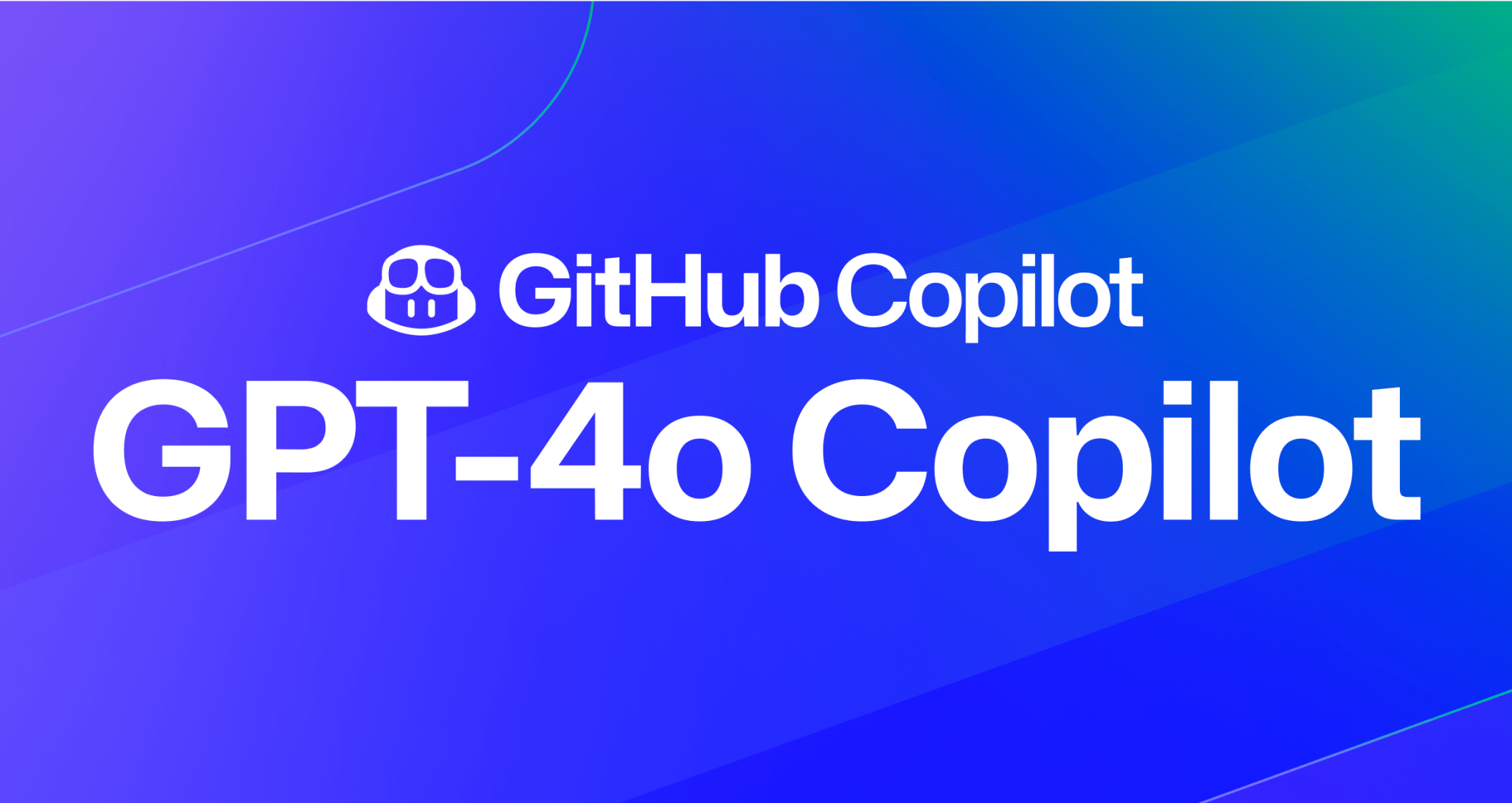New GPT-4o Copilot code completion model available now in public preview for Copilot in VS Code

A new code completion model, GPT-4o Copilot, can now be enabled by VS Code users.
This new model based on GPT-4o mini has additional training on over 275,000 high-quality public repositories in over 30 popular programming languages. As a result, you can expect this model to provide more accurate suggestions and to have better performance.
Getting started with GPT-4o Copilot in VS Code
To get started, open the Copilot menu in the VS Code title bar, select Configure Code Completions... > Change Completions Model.... Alternatively, open the Command Palette and select GitHub Copilot: Change Completions Model....
GPT-4o Copilot access notes
If you are a Copilot Business or Enterprise user, you will first need your administrator to enable this model for your organization by opting in to Editor preview features in the Copilot policy settings on github.com.
If you are a Copilot Free user, using this model will count toward your 2,000 free monthly completions.
The model will also be available soon to Copilot users in all JetBrains IDEs.
Please share your feedback as you try out the new model. It will help us improve the experience for all Copilot users.